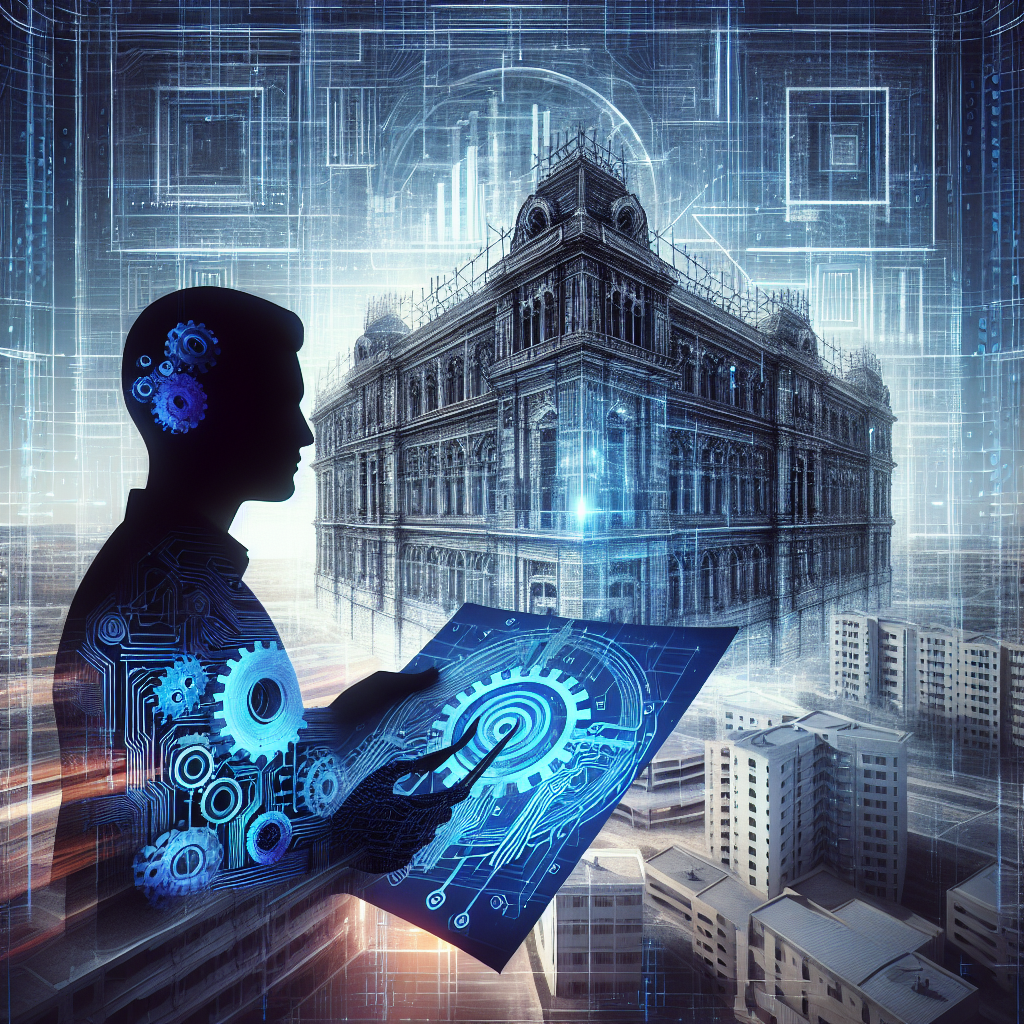Artificial intelligence (AI) has become a transformative force in various industries, including architecture. From design to construction, AI is reshaping the way architects work and think about the built environment. In this article, we will explore AI’s influence on architectural theory and practice, and discuss how it is revolutionizing the field.
AI in Architectural Design
One of the most significant impacts of AI on architecture is in the design process. AI algorithms can analyze vast amounts of data and generate design options that would be impossible for a human designer to conceive. This has led to a new era of generative design, where AI tools can create thousands of design iterations based on input parameters such as site conditions, building codes, and client preferences.
Generative design allows architects to explore a wider range of design possibilities and find innovative solutions to complex problems. By leveraging AI, architects can push the boundaries of creativity and develop designs that are not only aesthetically pleasing but also functional and sustainable.
AI can also assist architects in optimizing building performance. By simulating various environmental conditions, AI algorithms can help architects design energy-efficient buildings that reduce carbon emissions and lower operating costs. This can have a significant impact on the sustainability of the built environment and help reduce the industry’s carbon footprint.
AI in Construction
In addition to design, AI is also transforming the construction process. AI-powered robots and drones can perform tasks that are dangerous or labor-intensive for humans, such as site surveying, material handling, and quality control. This can help improve safety on construction sites and increase efficiency in project delivery.
AI can also improve project management by analyzing data and predicting potential risks and delays. By using AI algorithms, architects and project managers can make more informed decisions and mitigate potential issues before they arise. This can help reduce project costs and improve overall project outcomes.
AI in Architectural Theory
AI is not only changing the way architects design and construct buildings but also challenging traditional architectural theories. The use of AI in architecture raises questions about authorship, creativity, and the role of the architect in the design process. Some argue that AI tools are simply tools that assist architects in their work, while others believe that AI has the potential to redefine the role of the architect entirely.
AI-generated designs blur the line between human and machine creativity, leading to debates about the nature of design and the value of human intuition in the architectural process. Some architects embrace AI as a tool for enhancing their creativity and expanding their design capabilities, while others fear that AI will diminish the role of the architect and erode the profession’s traditional values.
FAQs
Q: How is AI being used in architectural design?
A: AI is being used in architectural design to generate design options, optimize building performance, and improve project outcomes. AI algorithms can analyze data and generate design iterations based on input parameters such as site conditions, building codes, and client preferences. This allows architects to explore a wider range of design possibilities and find innovative solutions to complex problems.
Q: How is AI changing the construction process?
A: AI is changing the construction process by automating tasks that are dangerous or labor-intensive for humans, such as site surveying, material handling, and quality control. AI-powered robots and drones can perform these tasks more efficiently and safely, leading to improved project outcomes and reduced costs.
Q: What are the implications of AI on architectural theory?
A: The use of AI in architecture raises questions about authorship, creativity, and the role of the architect in the design process. Some argue that AI tools are simply tools that assist architects in their work, while others believe that AI has the potential to redefine the role of the architect entirely. The implications of AI on architectural theory are still being debated within the profession.
In conclusion, AI is revolutionizing the field of architecture by transforming the way architects design, construct, and think about the built environment. From generative design to construction automation, AI is reshaping the profession and challenging traditional architectural theories. As AI continues to evolve, architects must embrace these changes and adapt to the new possibilities that AI offers.

